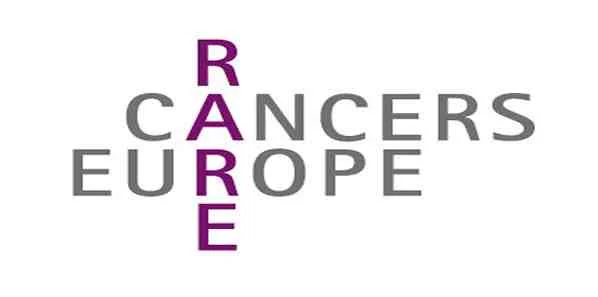One out of every five new cancer patients is diagnosed with a rare cancer. However, the clinical evidence that is required to effectively treat these rare cancer patients is quite scarce. That is mainly because clinical trials require large number of patients, and as far as rare cancers are concerned, accruing such large numbers is difficult. That is why finding potential treatment options and building clinical evidence is more difficult for rare cancers as compared to frequent ones.
According to Dr. Jan Bogaerts, European Organization for Research and Treatment of Cancer (EORTC) Methodology Vice Director, "For rare cancers, we need alternative ways to conceive study designs and to analyse data. Also, the possibility to combine results would be particularly advantageous. Certainly, in the situation of rare cancers, collaborative networking is indispensable, and, of course, all of this needs to be funded properly."
There is a need to develop effective clinical trials for patients who suffer from rare cancers. This would require the international cooperation of experts with complementary skills and knowledge so that they could work together to find new ways to treat such cancers. Rare Cancers Europe, dedicated to putting rare cancers on the European policy agenda, has put forth its recommendations based on a consensus that was reached through multidisciplinary and multi-stakeholder discussions. EORTC is among the Cooperating Organisations.
The recommendations from Rare Cancers Europe cover aspects of clinical decision-making in rare cancers as well as study designs for it. They also cover surrogate end-points and critical organisational aspects of clinical research in rare cancers. The ultimate goal of Rare Cancers Europe is to create a road map that would pave the way for designing clinical trials that would test new treatments in patients with rare cancers. The recommendations are available in the Annals of Oncology.
Source: EORTC
Image Credit: Rare Cancer Europe
References:
Casali PG, Bruzzi P, Bogaerts J et al. (2014) Rare Cancers Europe (RCE) methodological recommendations for clinical studies in rare cancers: a European consensus position paper. Annals of Oncology, doi:
10.1093/annonc/mdu459.
Latest Articles
Oncology, clinical trials, rare cancers, EORTC, Rare Cancer Europe
One out of every five new cancer patients is diagnosed with a rare cancer. However, the clinical evidence that is required to effectively treat these rare...










